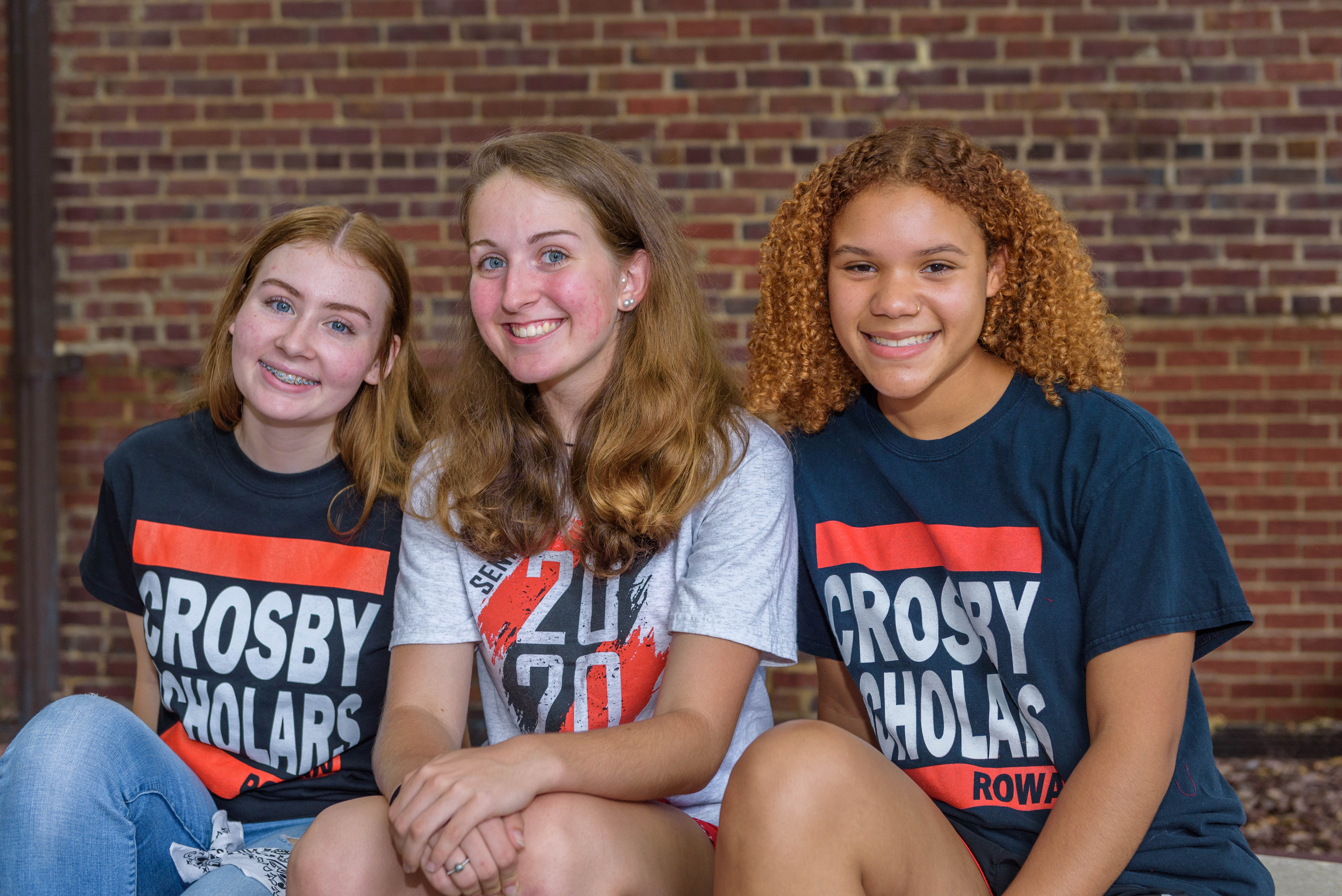Increasing College Access For First-Generation Students
Submitted by Subrina Hough, Crosby Scholars Outreach Specialist
The Role of FAFSA
When it comes down to it, college isn’t exactly the most accessible route for those looking to pursue their education at the collegiate level. College is expensive, it’s competitive, and there isn’t exactly a clear-cut path for every single population to follow. For instance, first-generation college students don’t exactly have it easy when it comes to applying for college.
In fact, almost 1/3rd of undergraduate students in the US are considered first-generation college students. And roughly half of those students go on to attend community college, as opposed to a four-year school, according to a 2018 study from the Department of Education.
Why is this important? Because it all boils down to finances. Most first-generation college students simply don’t have the financial resources to attend a four-year university, even when they make up a significant portion of the entire undergraduate community in the US. Sure, there are scholarships out there for first-generation college students, but they’re often extremely competitive, and they’re not exactly common knowledge.
Today, students of color, students from low-income backgrounds, and those who are the first in their family to attend college experience disproportionately lower rates of postsecondary success. For example, a low-income student is 29% less likely to enroll in postsecondary education directly after high school than a high-income student. Ultimately, only 35% of low-income high school students obtain a postsecondary credential by age 26, compared to 72% of high-income students.
The Role of FAFSA
FAFSA, on the other hand, is common knowledge – and yet, first-generation college students are still known to face tremendous financial hurdles. For instance, Donald Earl Collins, from the University of Maryland spoke about the various obstacles that exist for first-generation college students, and he said, “in addition to financial challenges, first-generation students are navigating a system that is new to them.” This is absolutely critical – because parents of children who have gone on to attend a four-year university know just how difficult it is to fill out a FAFSA form.
Consider a first-generation college student: not only are they forced to fill out application after application, write essay after essay, and find ways to pay for their application fees, but they’re also expected to understand the Free Application for Federal Student Aid process, which isn’t exactly the most self-explanatory experience.
Access Via Advocacy
Who is answering the call? NCAN’s (National College Attainment Network) mission is to build, strengthen, and empower communities and stakeholders to close equity gaps in postsecondary attainment for all students. NCAN has taken to task all of us and shined the light on various ways to access a college education via advocacy. In 2020, Crosby Scholars has embarked on a new journey to educate and inform our students and community on the importance of ACCESS VIA ADVOCACY. Stay tuned!
References: https://eab.com/insights/daily-briefing/student-affairs/7-fast-facts-about-your-first-generation-students/
https://research.collegeboard.org/trends/education-pays/resource-library

